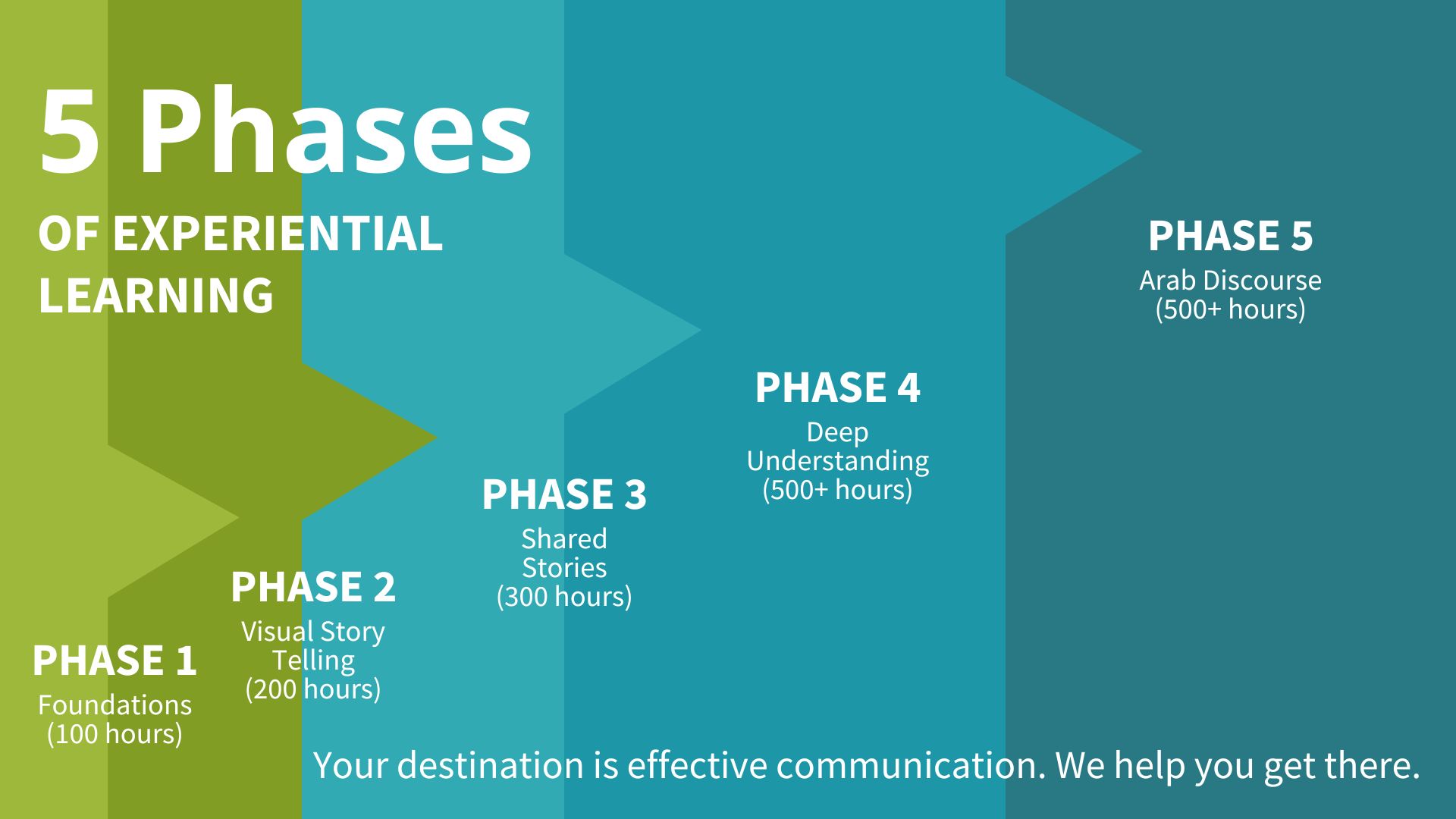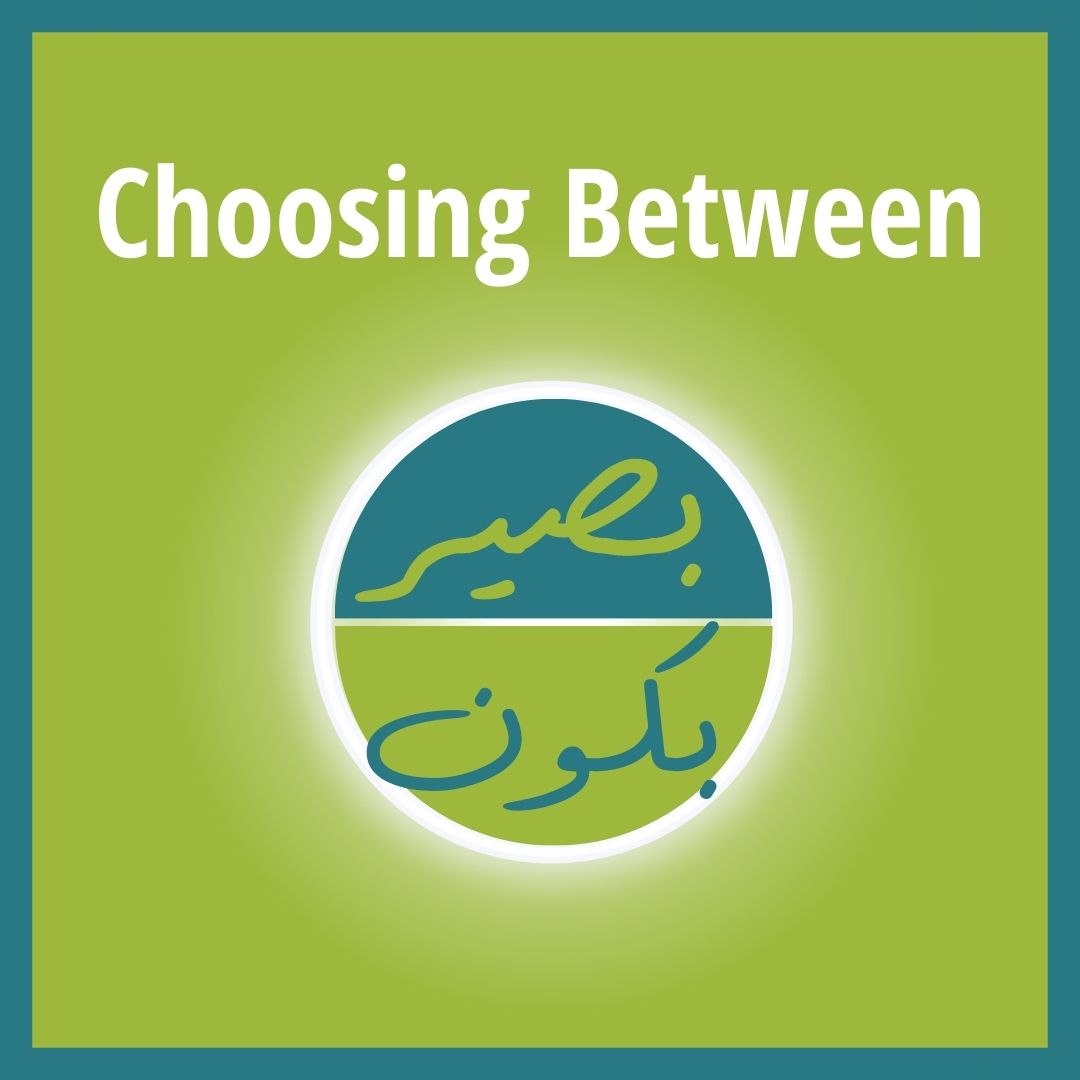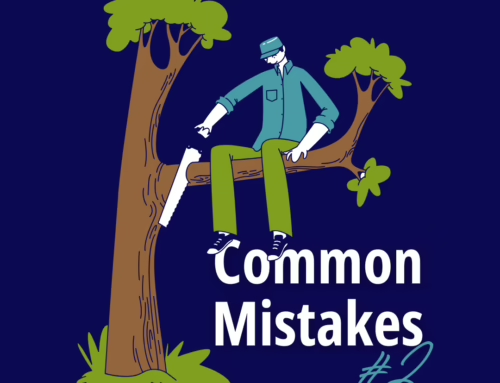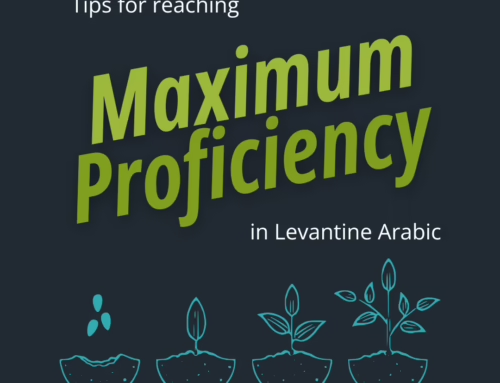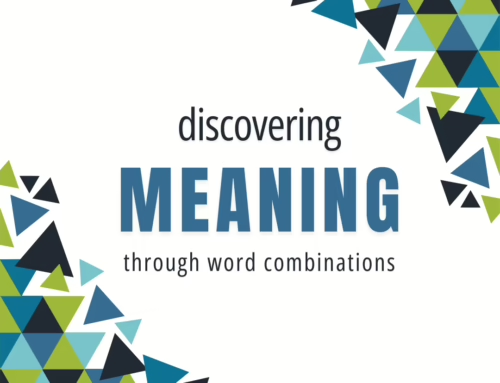Greetings from Amman, Jordan.
Today’s episode is about times when either بكون or بصير can be used in what seems like the same sentence. In my experience, there are often slight nuances that shift meaning slightly, or that necessitate the appropriateness of one over another.
This is part three of a series of episodes. If you haven’t listened to the first episode on بكون and the one that followed on بصير, then go back and listen to those now.
If those recordings make sense to you and feel manageable, then go ahead and listen to this one.
If not, and you haven’t quite wrapped your mind around the way that those two verbs work in Arabic, then maybe go back and revisit those and continue your language learning journey until those feel like they come together for you and you start to use them accurately out of habit.
This next episode is going to be about how, in certain sentences, sometimes it’s hard to decide which verb to use, either بكون or بصير. I’m going to do my best to break it down and give you some examples to make it as likely as possible that you will gain confidence in using these verbs more precisely in the future.
Please note that there will still be instances where you feel some confusion about which one applies when you’re expressing yourself. That’s completely normal.
Often we can use one verb or the other to describe a change that either could or absolutely will happen.
For example if I were the manager, I might use بكون to make a general statement about if that were true. But when I make a sentence like, “When I become the manager,” then I use بصير. Now the sentence indicates that I have already received that promotion and will soon become the manager. I’ll be in that position.
“When I become the manager,” for example, “I’ll make sure everyone comes to work on time.”
So when we use بصير in this instance, the promotion is already determined. When using this verb, something is planned, a transformation or change of some kind will take place, you will start something or become something and it’s very probable that that’s going to be the case. If your reference is to the future and is something that is certain to happen, بصير is often the right verb choice to make. Of course you’re going to encounter variations, but as a general rule you can use that.
Example Sentences Using بصير and بكون
Here are some example sentences of common usages of بصير that often get confused.
(Episode Timecode 00:03:02—00:05:30)
What do you want to be when you grow up?
شو بدك تصير لما تكبر / شو حابب تصير لما تكبر
There are often many ways to express what you want to say, which is sometimes why it’s difficult to give exact prescriptions using exact words that you must use to convey an idea. There are a lot of ways to get to where you want to go sometimes.
Let me give you an example that I think will help clarify this:
I’m not a mother, but in the future I want to be a mom.
أنا مو أم بس بالمستقبل بدي أكون أم
If I just want to generalize I can say something like, “I’m not a mother, but in the future I want to be a mom,” in this situation you would use بكون. It’s a generalization of future hope.
But if I’m married and someone asks me if I plan to be a mother, I might say,
I’m not a mother now, but I would like to become a mother.
أنا مش أم بس حابة أصير أم
The same goes for if you’re already pregnant.
In two months, I will become a mother.
بعد شهرين رح أصير أم
Here it’s an inevitability. It will happen.
OK, let’s talk about being a “good mom.”
I want to be a good mom.
أنا بدي أكون أم شاطرة
If I say, “I want to be a good mom,” I can use بكون and it means that I just generally want to be a good mom. It doesn’t mean that I’m not a good mom now, but that I want to be a good one. That’s my desire.
If I use بصير, it indicates that I don’t really consider myself a great mother now.
I will become a great mother after I take this course.
بعد ما آخذ الدورة رح أصير أم شاطرة
I can tell someone,
You will be a tender hearted mother.
أنتِ رح تكوني أم حنونة
If we’re talking in generalizations, we go with بكون.
If there is a specific change that will happen, something will start to happen, or something will be in transformation, then we use بصير.
More Examples in English and Arabic
Here are a couple more examples like that.
(Episode Timecode 00:05:47—00:08:21)
Work at Shababeek will be pleasant and relaxed.
الشغل في شبابيك رح يكون مريح
If it is already that way now and there’s no change that will happen, I use بكون. So what change could take place in the future? Let’s say,
Work hours will be shorter next Ramadan.
ساعات الشغل رح تصير قصيرة بِ رمضان الجاي
It’s a change to a shorter work day. If it’s longer now, but it will become shorter then I use بصير. However, if I generalize and I say, “The hours during Ramadan are short,” there’s no change, just a statement about what is, (typically, in Jordan, that takes place every Ramadan), then I use بكون.
The hours during Ramadan are short.
ساعات الشغل بِ رمضان بتكون قصيرة
Here’s another example:
بعد فترة العلاقة بين الزوجين بتكون أقوى
After a time your marriage relationship is stronger.
This is a general statement about the truth. The longer you’re married, the stronger your relationship should be. But if I tell a friend, “After you get to know each other, the relationship will become stronger,” I’m indicating that I’m talking to someone who has a weak relationship now in the present moment and it will become stronger in the future.
بعد ما تتعودوا على بعض رح تصير علاقتكم أقوى
After you get to know each other better, the relationship will become stronger.
I’m encouraging her that it will become stronger even though it’s not now, so I use بصير.
بعد ما تحلوا المشاكل اللي بينكم رح تصير العلاقة أقوى
After you solve the problems between you, the relationship will become stronger.
Here again I am indicating that the relationship has some problems right now. Can you see how sometimes the intention behind the words is there even when learners might not yet be able to discern the subtleties of what’s implied?
If I say, “Your relationship رح تصير أقوى,” then that means that it’s not currently strong, but can get stronger.
Let’s talk about your health.
(Episode Timecode 00:08:22—00:09:20)
We can generalize again and say,
As long as you eat healthy food, your health will be good.
طول ما بتاكل أكل صحي رح تكون صحتك أحسن
If you eat healthy food, your health will be better.
But if I say, “When you lift weights, your muscles will get stronger,” and use بصير, the meaning I convey is that your muscles are weak, but if you lift weights then your muscles are going to get stronger.
When you lift weights, your muscles will get stronger.
لما تلعب حديد رح تصير عضلاتك أقوى
Just quit smoking and your health will get better.
بس تبطل تدخين صحتك بتصير أحسن
There is improvement here due to a change in your habits, so I use بصير.
If your reference is to a shift in identity or a transformation or change and not just a generalization about what will be, then we use بصير.
Additional Examples Using بكون and بصير.
(Episode Timecode 00:09:30—00:10:45)
Here are a few more examples:
A child, when he is walking, falls a lot.
الطفل لما بكون يمشي بوقع كثير
Compare that to,
A child, when he starts to walk, falls a lot.
الطفل لما بصير يمشي بوقع كثير
When it is cold, I wear a jacket.
لما يكون الجو بارد بلبس جاكيت
That’s what I do all the time.
When the weather becomes cold, I wear a jacket.
لما يصير الجو بارد بلبس جاكيت
Here we use بصير.
I am scared when the house is empty.
بخاف لما البيت يكون فاضي
In other words, whenever the house is empty, I’m scared.
I’m scared when the house becomes empty.
بخاف لما يصير البيت فاضي
Here, if a change occurred, the house went from being full to empty and now this person is alone, then we use بصير.
To help clarify some differences between بكون and بصير, try to put both verbs in one sentence together. I’m going to give you a couple of sentences to try here and see if you can decide how you would say them using both verbs. In each sentence there is a بكون and a بصير verb.
Practice Using Both Verbs in One Sentence
Practice and see if you can form the following sentences. I’ll say it in English and then give you a couple of seconds to try to form this thought in Levantine Arabic.
(Episode Timecode 00:11:24—00:12:20)
When there’s a problem at home, everyone is worried.
لما تصير مشكلة بالبيت الكل بكون متوتر
When I have children, I will not have any free time.
لما يصير عندي أطفال ما رح يكون عندي وقت فاضي
When I am at work, my son starts to cry.
لما أكون بالشغل ابني بصير يبكي
All of my brothers are at home before it gets dark.
كل إخواني الشباب بكونوا بالبيت قبل ما تصير الدنيا ليل
When it gets to be about 12:10, everyone is hungry.
لما تصير الساعة ١٢:١٠ الكل بكون جوعان
A Final Encouragement
How did you do? The best way to use this recording is to go back and listen again and stop yourself after either the Arabic or the English and see if you can form one or the other; see if you can decide when the best choice is بصير. See if you can think of a generalization now where you would use بكون and test those out. Have lots and lots and lots of your own sentences recorded in your sessions.
If you’re working with an Arabic tutor, make sure they’re recording lots of examples. One thing I love to do, especially if you’re an advanced learner, is to go back through previous stories you’ve recorded and worked through. If you’re in phase four, go back to stories in phase two or in phase three. Listen to those and work on noticing when you hear these two verbs. This is going to give you a strong recognition of application and now with this background, perhaps it will be very interesting to notice when those verbs arise in stories.
Good luck to you. As always, keep working through all of these things that are difficult for you. Contact us if you have any other ideas of something we can explain in Arabic on the podcast that might make something click.
We know it’s not easy, but it certainly is fun. We hope you’re having fun in your journey of developing your Levantine colloquial Arabic, and we’ll see you next time.
